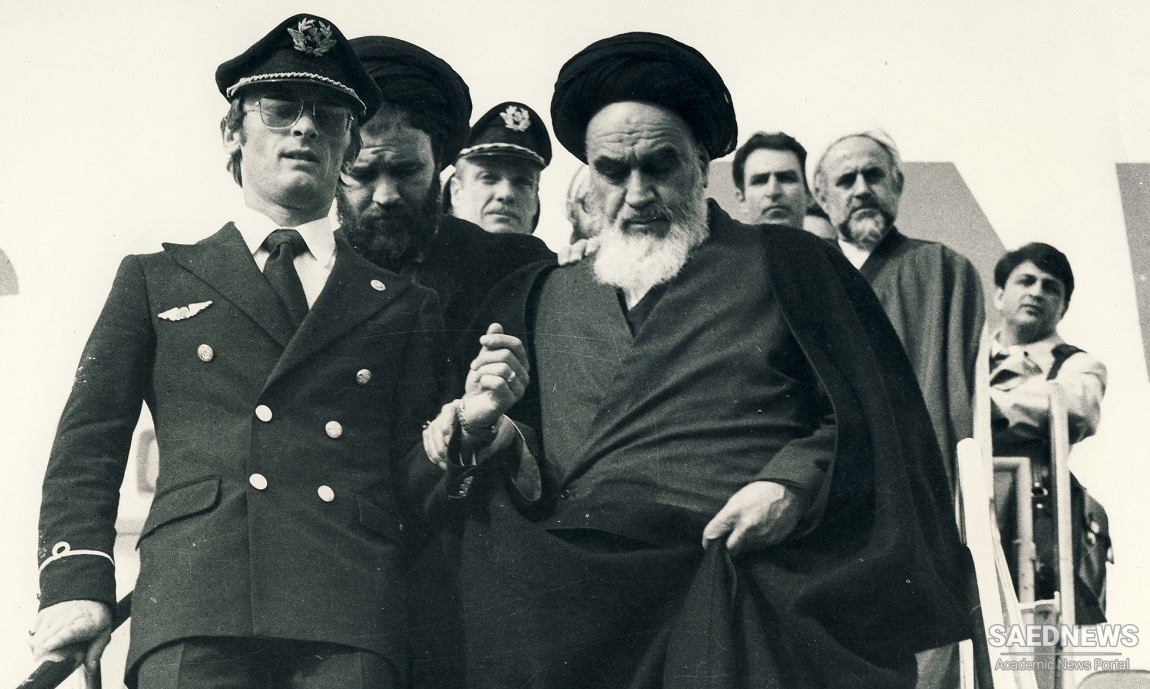But, aside from this consideration, let us see what becomes of the functions and duties they have assigned in this world to the fuqahā. In all existing forms of government whether monarchical, republican, or following some other model, if the head of state dies or circumstances change so that there is a change in administration, military ranks and appointments are not affected. For example, a general will not automatically be deprived of his rank, an ambassador will not be dismissed from his post, and a minister of finance or a provincial or local governor will not be removed. The new administration or successor administration may, of course, dismiss or transfer them from their posts, but their functions are not automatically withdrawn from them.
Obviously, certain powers do automatically terminate with death of the person who conferred them. Such is the case with ijāza-yi hasbiyyah, the authority given to someone by a faqīh to fulfill certain tasks on his behalf in a given town; when the faqīh dies, this authority expires. But, in another case, if a faqīh appoints a guardian for a minor or a trustee for an endowment, the appointments he makes are not annulled by his death but continue in force.
The judicial and governmental functions assigned by the Imāms to the fuqahā of Islam are retained permanently. The Imām (‘a) was certainly aware of all aspects of the matter, and there can be no possibility of carelessness on his part. He must have known that in all governments of the world the position and authority of individual officeholders is not affected by the death or departure of the head of state. If he had intended that the right to govern and judge should be withdrawn after his death from the fuqahā whom he had designated, he would have specified that to be the case, saying: “The fuqahā are to exercise these functions as long as I live.”


 Disintegrated Rulership
Disintegrated Rulership














































